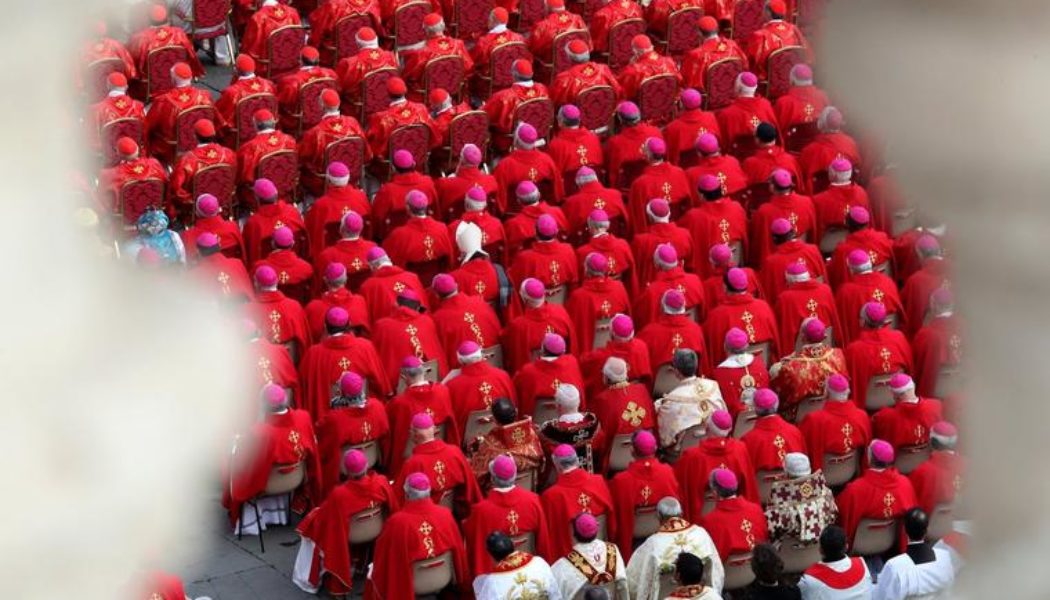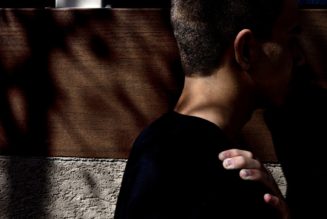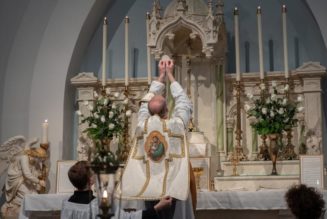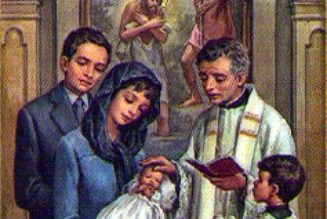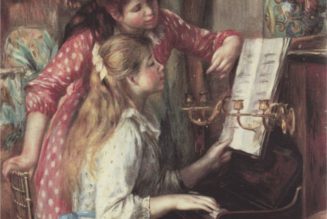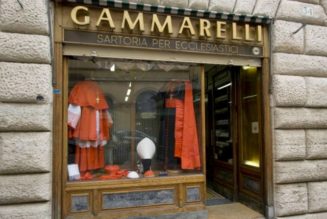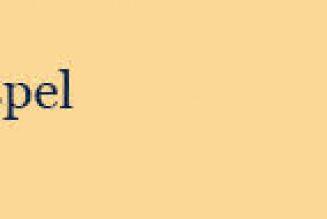
As Pope Francis welcomes the latest members of the College of Cardinals — including 18 new electors eligible to vote in any prospective conclave — he continues to build on the work of his predecessors by making the college more international, even as he puts his personal stamp on its membership.
As of the consistory on Sept. 30, Francis’ college will have 136 cardinal-electors, meaning they are under 80 years old and thus eligible to vote in any papal election. The composition of the 136 electors is as follows: 53 from Europe; 24 from Latin America; 22 from Asia; 19 from Africa; 15 from North America; and three from Oceania.
This group is well above the standing limit of 120 electors, but that requirement established by Pope St. Paul VI in 1970 has been set aside several times, including by Pope St. John Paul II in 2001 and 2003, Pope Benedict XVI in 2010 and 2012, and now Pope Francis. Fifteen cardinals will be turning 80 over the next year, so the traditional limit will be reached naturally over time.
Francis has appointed in total 131 cardinals, averaging one consistory per year, with a break in 2021 because of the COVID pandemic. In all, he has named 98 current cardinal-electors over nine consistories, meaning that 72% of all current electors have been named by him. The rest were appointed by John Paul II and Benedict XVI. By way of comparison, John Paul named 231 total cardinals over the course of only nine consistories.
As it is, however, the number of cardinal-electors tells only one part of the story unfolding with the college over the last decades. Francis has embraced and accelerated the process of internationalizing the body. While he has named a total of 37 electors from Europe, he has reduced the proportion of the European contingent and has increased the numbers of cardinals from Asia, Latin America and Africa. In all, he has named cardinals from 66 countries, including several first-time nations, such as South Sudan, Singapore and Mongolia.
The decline of Europeans in the college is part of a continuing process unfolding for more than a century. In the 1903 conclave that elected Pope St. Pius X, all but one of the 62 cardinals taking part were from Europe (the one non-European was Cardinal James Gibbons of Baltimore), and of the Europeans, more than half were from Italy.
By the 1958 conclave that elected Pope St. John XXIII, the college was radically different geographically, thanks to the deliberate efforts of Pope Pius XII to add cardinals from across the globe. Of the 51 voting participants, 17 were from Italy, 16 were from Europe and 18 were from various non-European countries. There were two American participants, Cardinals James McIntyre of Los Angeles and Francis Spellman of New York, along with cardinals from Argentina, Cuba, India, Colombia, China, Syria and elsewhere. The number of non-European electors continued to increase over the succeeding conclaves in 1963, 1978, 2005 and 2013.
As of Sept. 30, 39% of the electors will be from Europe, 18% from Latin America and the Caribbean, 16% from the Asia, 14% from Africa, 11% from North America and 2% from Oceania.
This marks a decline of Europeans in the College since 2013 from 53% and increases for Latin America from 16% to 18%, from 9% to 16% for Asia and from 9% to 14% for Africa. And looking at the influence of the Italians, their numbers have declined from 28 Electors in 2013 to 16 as of the latest consistory.
The geographical changes and realignments within the college under Pope Francis are thus in keeping with the long-standing trend of a college representative of global Catholicism. The Holy Father, however, has directly shaped the college in two other significant ways.
To be sure, Francis has named some cardinals from the ranks of traditional major archdioceses, such as Cardinals Blase Cupich of Chicago and Jozef De Kesel of Mechelen-Brussels in 2016, Celestino Aós Braco of Santiago de Chile and the newly appointed José Cobo Cano of Madrid. But conspicuously, he has frequently bypassed traditional cardinalatial sees — major archdioceses such as Los Angeles, Paris, Milan and Venice — in favor of bishops from small dioceses or even auxiliary bishops.
In August 2022, Francis named Bishop Robert McElroy of San Diego, a suffragan diocese of Los Angeles, to the cardinalate, a clear statement of his personal support of the prelate and another unmistakable snub of the Archdiocese of Los Angeles — the largest in the United States — which has now been bypassed nine times by the Pope.
Even more unusual has been the decision to appoint auxiliary bishops to the college. In 2017, for example, Gregorio Rosa Chávez, then an auxiliary bishop of San Salvador, El Salvador, was appointed (he turned 80 in October 2022). Likewise, in this latest conclave, Francis named an auxiliary bishop of the Patriarchate of Lisbon, Bishop Américo Manuel Alves Aguiar. And, while Bishop Aguiar was rumored to be heading to Rome to head one of the dicasteries of the Curia or even to succeed Cardinal Manuel José Macário do Nascimento Clemente as patriarch of Lisbon, he was instead sent to the modest Portuguese Diocese of Setúbal, a suffragan of Lisbon.
Just as unusual has been Francis’ selection of new cardinals from genuinely distant territories and dioceses, often with tiny Catholic populations — a move that embodies the Holy Father’s concerns for reaching the peripheries of the Church. These include cardinals from Mongolia, Morocco, Sweden and Laos, whose Catholic populations are counted not in the millions but in the thousands.
All together, the college in 2023 is more international, diverse and unpredictable than the one that elected Francis to the papacy in 2013. Certainly, there are committed progressive cardinals, but it is impossible to make sweeping assumptions about the ideological or theological tendencies of the whole body of globally far-flung electors. That makes predicting the outcome of a future conclave just as difficult, and while Francis may seem to have adopted an avant-garde approach to appointing his cardinal-electors, that very unpredictability may be exactly what he wants.
